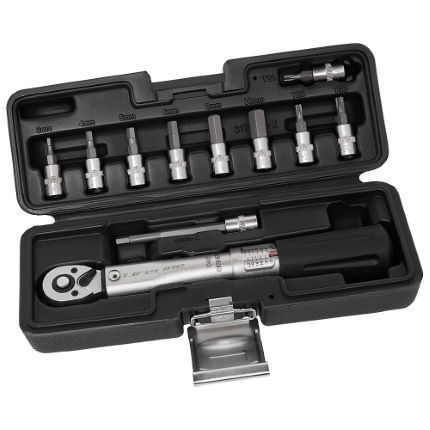The Trek Bicycle Corporation, commonly known as Trek Bikes dates back to 1976. It was founded by Richard Burke and Bevil Hogg in Waterloo, Wisconsin. Their goal was to create high-end, hand-built bicycles in the US, challenging the dominance of European manufacturers.
In 1977 Trek launched its first product: a handcrafted steel road frame and produced about 900 frames in their first year, each retailing for around $275. In 1979 Trek began producing complete bicycles rather than just frames, expanding beyond just frames.
During the 1980s Trek expanded production and began using aluminum in its frames, shifting away from steel frames. 1983 saw the company venture into the growing mountain bike market with the release of the Trek 850. In 1989, Trek introduced its first carbon fiber frame, the 5000 and shortly after launched its first full-suspension mountain bike, the Trek 9000 series which became very popular in the mountain bike scene.
In 1995 Trek acquired the Gary Fisher Mountain Bike brand, one of the pioneers in mountain biking and this helped grow their presence in that growing segment.
Trek then partnered with Lance Armstrong during his Tour de France victories in which he rode the Trek Madone models. However, after the doping scandal involving Armstrong, Trek distanced itself from the cyclist.
Other notable events in the history of Trek include the formation of the “Trek Factory Racing” team, which competes at the highest levels in road, mountain, and cyclocross events. In 2014 Trek introduced the Domane series, a bike specifically designed for endurance riding, and continued refining its performance road and mountain bikes.
In 2019 Trek entered the electric bike market and produces model such as the Trek Allant+ and Rail e-MTB.
The manufacturing of Trek bicycles still occurs largely in Waterloo, Wisconsin, but they also produce bikes in various facilities worldwide to meet global demand.


